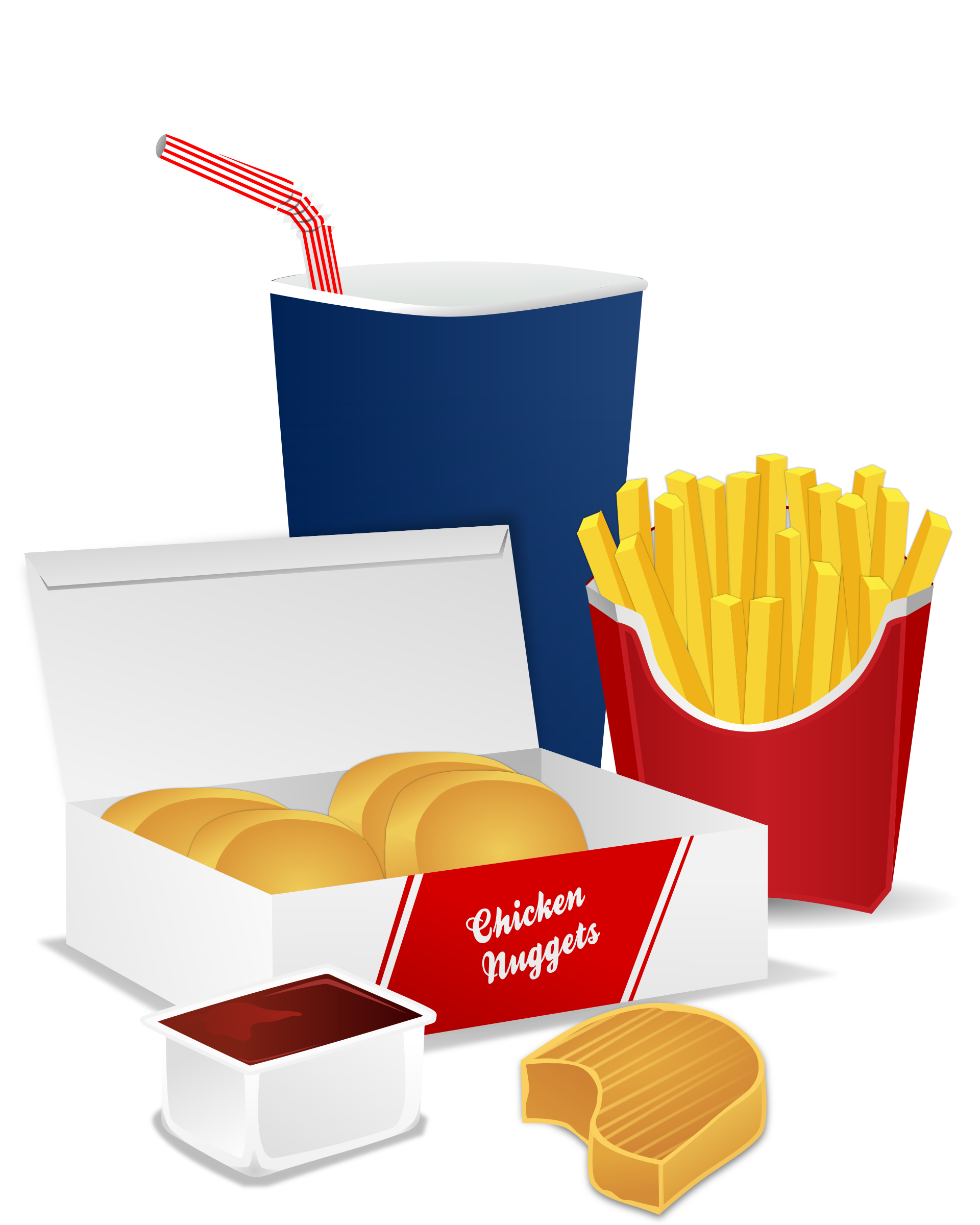Having reached a point in life where I've lived through many decades of Thanksgiving dinners, I'm reminded that for far too many of those dinners I felt more stuffed than the turkey.
Why does that happen and what can be done to change the pattern?
Why does that happen and what can be done to change the pattern?
20-Minutes and Counting
In a recently released *study in the journal, "Cell Metabolism", researchers discovered the process by which gut microbes alert the brain to stop eating. It turns out that process takes about 20-minutes to occur.
We've known for years that signals of satiation take about 20-minutes to register. This new research extends our understanding about how the gut bacteria interact with the nervous system to create those signals.
3 Easy Steps to Eating Success
Taking the 20-minute period into account, we have a simple 3-step process to ensure we eat in a way that allows us to skip the stuffed feeling and post dinner nap:
- First, create the intention to enjoy the meal, but to consume only a reasonable amount of food.
- Second, remind yourself there is a 20-minute delay before your gut communicates signals of satiation to the brain.
- Third, eat slowly, mindfully, and pay attention to your body. When you first notice the signals of satiation, stop eating. In a few minutes you'll feel completely full, but not stuffed.
Step 3 is likely to be a touch more challenging than steps 1 and 2. Why? Because our attention is easily drawn into conversations with others at the table.
You've heard Uncle Henry's story a dozen times, but you can still get caught up in the energy and enthusiasm of the telling. Aunt Mary's latest medical situation must be heard with the appropriate level of attention and concern.
Recognize and plan for conversational distractions. Place an object in front of your plate such as an upside down fork or other item that will remind you to check in with your body's felt sense of satiation as the meal proceeds.
Your pre-meal intention to eat sensibly, your awareness of the 20-minute signal delay, and your mindful eating and body monitoring will carry the day.
Blessings to all and have a lovely Thanksgiving!
Steve
 |
Stephen Carter
Stress Solutions, LLC |
Resource Citation: *Gut microbes signal to the brain when they are full: http://bit.ly/1NPqGt1
Important Note: This and all other postings to this blog along with any statement or statements made in any podcast, audio, or video associated with this site are for informational purposes only. This and all other written posts and statements in any audio or video recording associated with this blog, Stress Solutions, LLC, or Stephen Carter are not intended to diagnose, treat, or otherwise recommend any treatment for any medical or psychological condition. Anyone using any of the information contained in this or any other posting, audio or video recording linked to this website or associated in any way with this website, with Stephen Carter, or with Stress Solutions, LLC does so at his or her own risk. You are urged to seek competent medical consultations with appropriate licensed medical professionals for any and all medical, psychological, emotional, or physical conditions.







